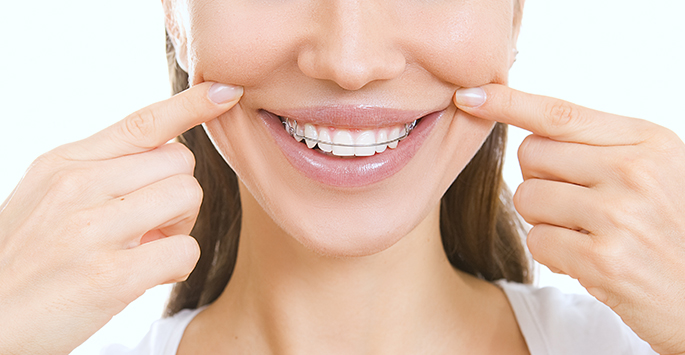Retainers

Retainers
A retainer is a piece of plastic and metal that is custom-made for each individual kid who needs one. It fits the top of the teeth and mouth. No two retainers are alike, even though many look similar.
Retainers are really common. In fact, most people (kids and adults) who have braces have to wear a retainer for at least a little while after getting their braces taken off. Other people wear them to close gaps in their teeth, to help with speech problems, or to solve certain medical problems.
Why Do I Need to Wear a Retainer?
You might need a retainer for a few reasons. The most common reason is to help your teeth stay set in their new positions after wearing braces. It's important to wear your retainer because as your body grows, your teeth do some shifting. The retainer helps to control this shifting, which occurs naturally.
Other kids may wear retainers to close a space between their teeth or just to move one tooth. In these cases, braces aren't needed because retainers can do the job. Often, retainers will be worn for several years to close a space, for example, and then keep the gap closed by holding the teeth in place.
When you wear a retainer for any reason, certain teeth may feel pressure and might even feel sore for the first few days. If you experience this, don't worry — it's completely normal.
Retainers can help many mouth problems besides shifting teeth. Sometimes they're used to help a medical problem. For example, you may have a tongue thrust (a condition where your tongue sneaks through your teeth when you talk). Some retainers, known as a crib or tongue cage retainers, are designed with small metal bars that hang down from the roof of your mouth. These retainers keep your tongue from going forward in between your teeth when you speak. Your tongue is trained to go to the roof of your mouth instead of through your teeth. The length of time kids wear a tongue cage varies depending on the kid.
Caring for Your Retainer
Retainers live in your mouth along with bacteria, plaque, and leftover food particles. You should clean your retainer every day, but make sure to check with your orthodontist about how your type of retainer should be cleaned (some kinds shouldn't be cleaned with toothpaste). You can also soak it in mouthwash or a denture-cleaning agent to freshen it up and kill germs.
Because the plastic of your retainer can crack if it gets too dry, you should always soak it when it isn't in your mouth. Plastic can warp easily, so don't put it in hot water or leave it near a heat source — like on your radiator, for example. Finally, do not bend the wires. Flipping the retainer around in your mouth will cause the wires to bend.
